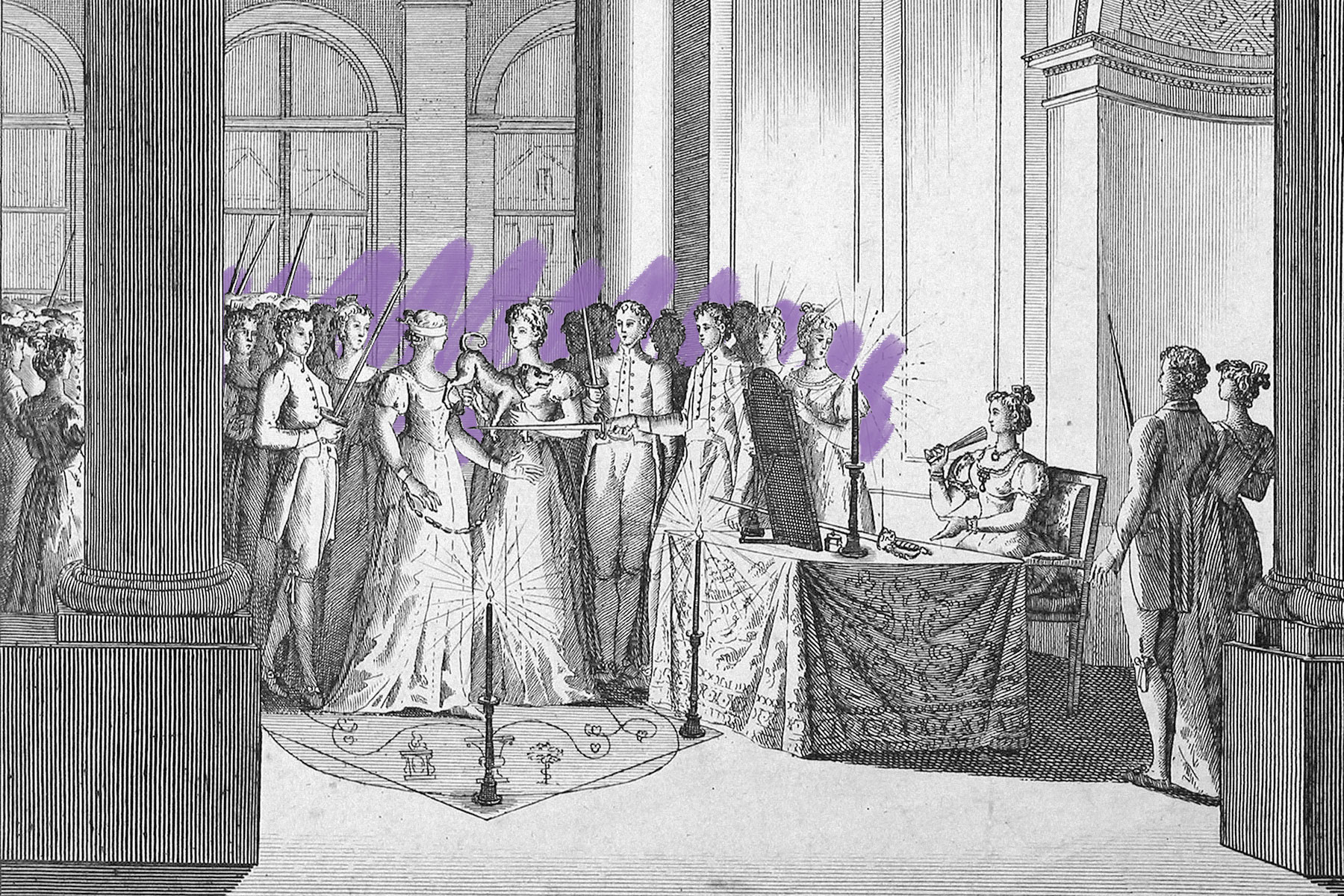There was a secret Catholic society called the Order of the Pug.
The rise of Freemasonry in Europe during the 18th century sparked tensions within the Catholic Church, which regarded the secretive nature and political influence of the fraternal order with suspicion. In 1738, in response to this unease, Pope Clement XII issued a decree prohibiting Roman Catholics from participating in secret societies, including Freemasonry — a ban that continues to this day. In defiance of this papal prohibition, a Catholic leader (whose identity remains unknown, although many suspect it was Archbishop Clemens August of Bavaria) established a para-Masonic secret society called the Order of the Pug, drawing its name from the breed’s qualities of loyalty, trustworthiness, and steadfastness. The group attempted to reconcile elements of both Freemasonry and Catholicism, instituting their own initiation rituals, oaths of loyalty, and hierarchical framework. Diverging from Masonic tradition, however, the Order of the Pug welcomed women as members and allowed them to assume positions of authority.
Echoing its canine namesake, members of the order were known as “Mops,” the German word for “pug,” and each lodge had a male and female lodge master and mistress who alternated serving as Grand Pug every six months. Prospective members were expected to mimic dogs by scratching at the door to gain entry, and new initiates were adorned with brass collars, blindfolded, and led around the room on all fours while fellow members barked at them. Initiates were also expected to demonstrate their dedication to the order by kissing a pug statue’s posterior. But the clandestine group’s existence was short-lived, thanks to Catholic abbot Gabriel-Louis-Calabre Pérau, who exposed the Pugs and their rituals in his 1745 French work L’Ordre des francs-maçons trahi et le secret des Mopses révélé, or The order of the Freemasons betrayed and the secret of the pugs revealed. Despite its brief tenure, the Order of the Pug remains a curious footnote in the history of secret societies.









